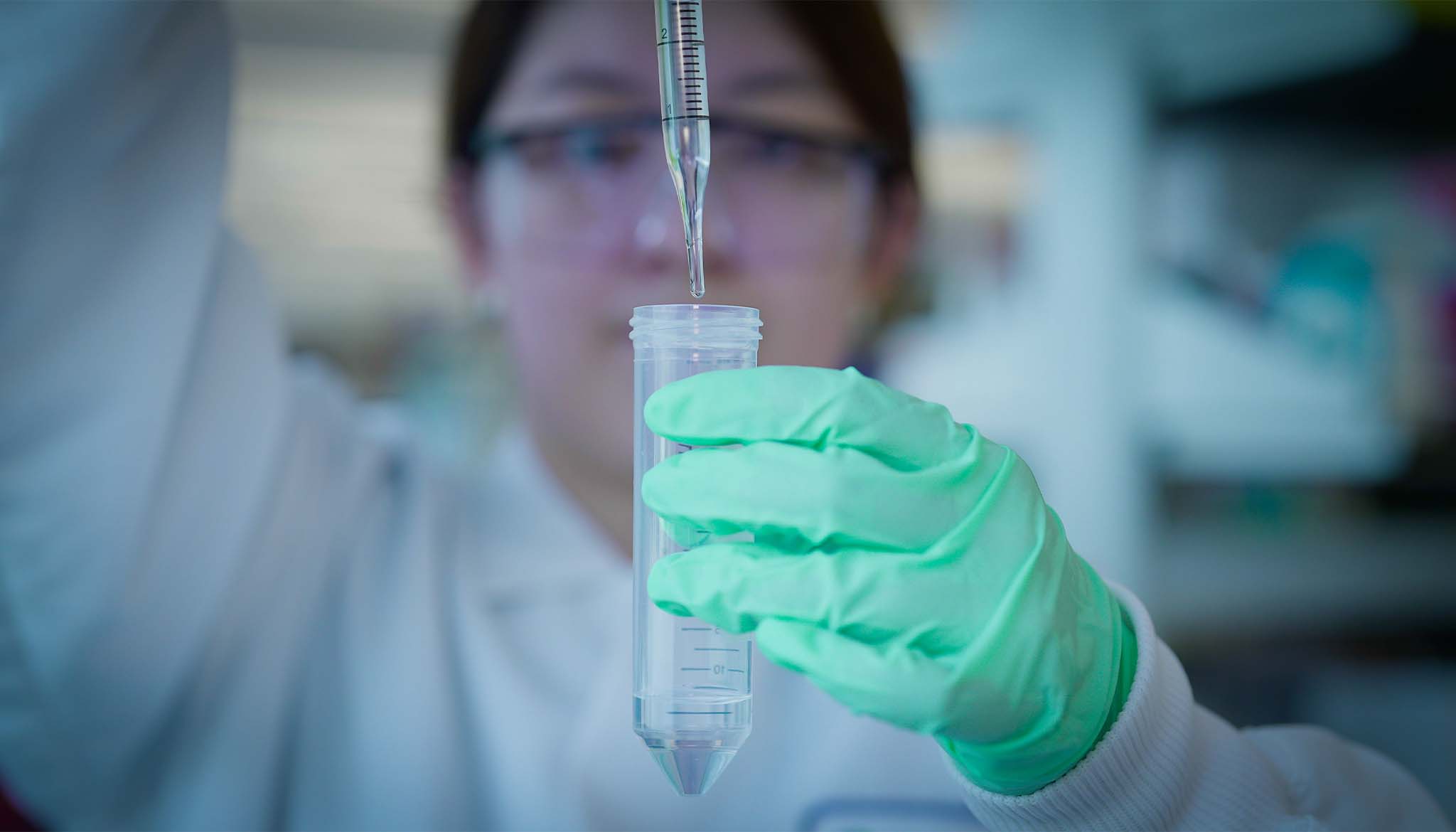Science & Innovation
R&D Expertise

Research and Development (R&D) Standard of Excellence
We leverage our knowledge of pathophysiological processes and disease characteristics to pioneer new potential treatments. There’s more to come as we continue to chase the possibilities and strive to make a difference for patients everywhere.
Biogen R&D is driven by the potential to transform the lives of patients. We work in disease areas with some of the greatest unmet need. We work relentlessly, knowing that bold new possibilities await discovery. As a leading global biotechnology company, we work toward those once-in-a-lifetime moments that could become a historic point in our pursuit of innovative treatments.
Disease Areas and Modalities
Disease Areas
Multiple Sclerosis
We have a diverse portfolio of approved drugs to treat MS. We are taking a variety of approaches to further our understanding of this disease and how to treat it.
Alzheimer’s Disease and Dementia
Our diverse portfolio of investigational products includes several assets targeting early-stage Alzheimer’s disease. We hope to capitalize on advances in molecular and cellular biology and connect them with discoveries in human genetics.
Neuromuscular Disorders
Our efforts in neuromuscular disorders are focused on two main areas: spinal muscular atrophy (SMA) and amyotrophic lateral sclerosis (ALS). We have brought forward the first approved therapy for SMA, and our scientists continue to work toward new potential therapeutics for SMA patients while advancing potential therapies for ALS.
Neuropsychiatry
Neuropsychiatry is an area of significant unmet patient need that intersects with other neurological disorders in our core therapeutic areas.
Specialized Immunology
Leveraging our expertise in neuroimmunology, we are excited by the possibility of pioneering new scientific breakthroughs in immunology.
Parkinson’s Disease and Movement Disorders
We currently have a preclinical and clinical portfolio around Parkinson’s disease and other movement disorders, targeting core disease genetics and pathology.
Genetic and Neurodevelopmental Disorders
We aspire to develop treatments that could provide meaningful benefit for patients with genetic and neurodevelopmental disorders. Leveraging human genetics and next-generation DNA sequencing, we are working on disorders that cause epilepsy, developmental delays and intellectual disabilities.
Modalities
With capabilities in multiple drug modalities, including small molecules, protein therapeutics, antisense oligonucleotides and gene therapy, Biogen pursues the most appropriate modality for each target.
Small Molecules
Small molecule therapeutics are often taken orally as a pill and can readily distribute into cells and tissues, which differentiates them from other modalities. Medicinal chemists aim to optimize the potency of starting molecules toward the desired biological target along with physical properties to maximize the potential of the medicine to treat disease.
Protein Therapeutics
Therapeutic proteins, also referred to as biologics, are often as much as a thousand times the size of small-molecule drugs. Although this type of drug is much more complicated to make and characterize, using biologics allows scientists to attack serious disease in ways that might not be possible with other technologies.
Antisense Oligonucleotides
Antisense oligonucleotides (ASOs) are synthetic, single-stranded nucleic acids consisting of eight to 50 nucleotides which bind to RNA and are designed to interfere with target gene expression. ASOs utilize several distinct mechanisms to alter RNA and either restore desired protein expression or reduce and modify toxic proteins.
Partner With Us
We welcome the opportunity to explore working with other innovators. If your company or institution would like to share a potential asset or platform technology for collaboration, contact us today.
- GBD 2015 Neurological Disorders Collaborator Group. Global, regional, and national burden of neurological disorders during 1990-2015: a systematic analysis for the Global Burden of Disease Study 2015. Lancet Neurol. 2017;16(11):877-897. doi:10.1016/S1474-4422(17)30299-5